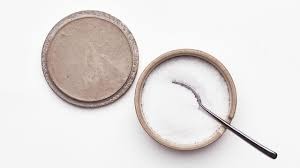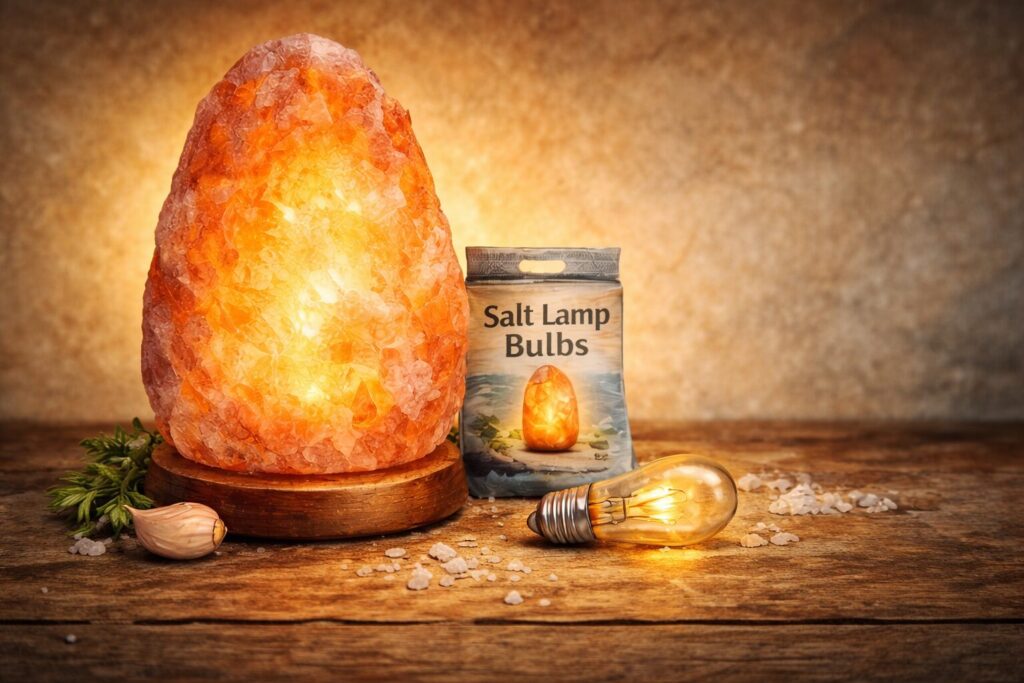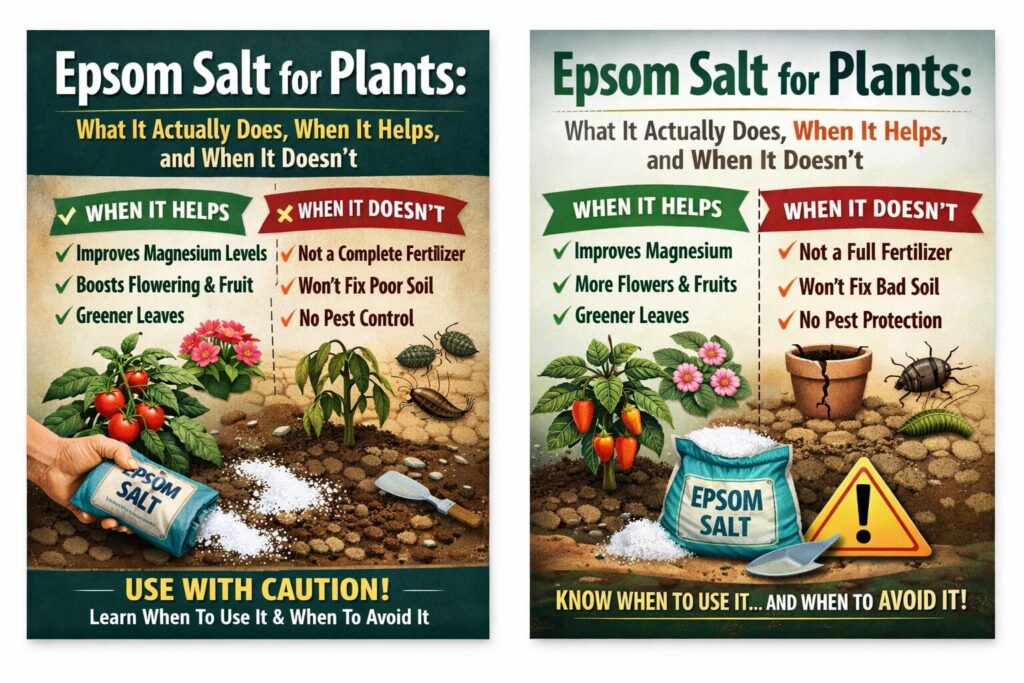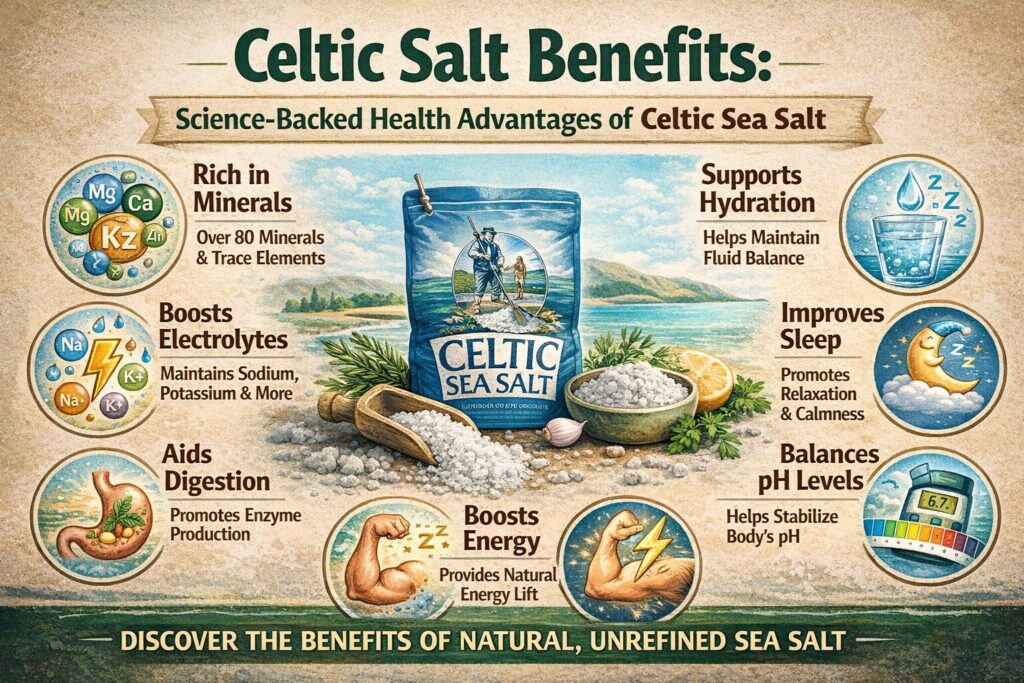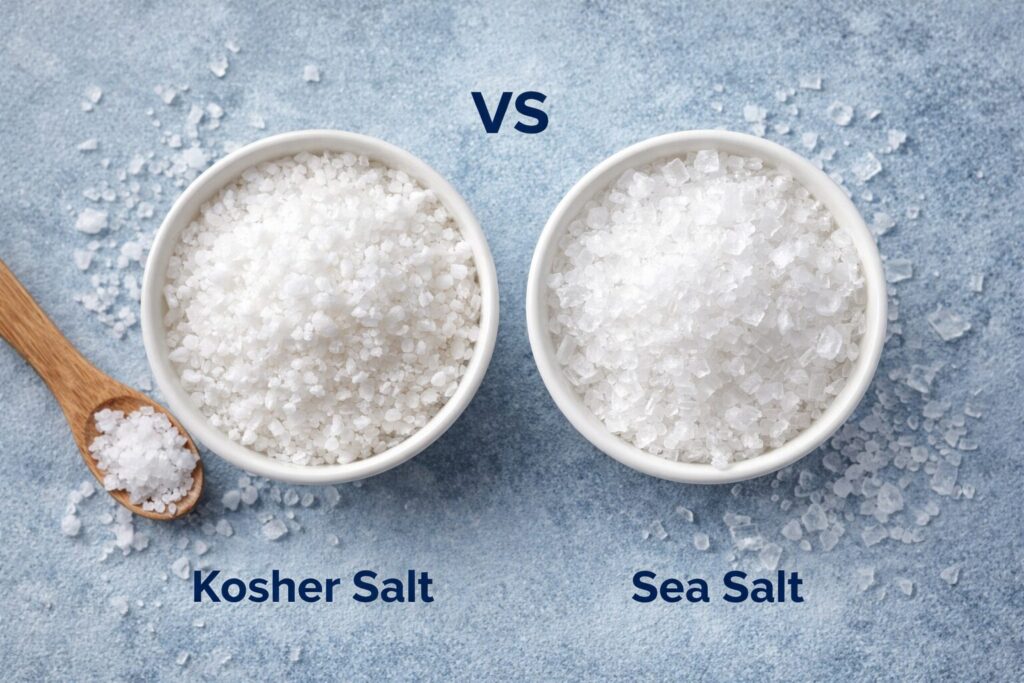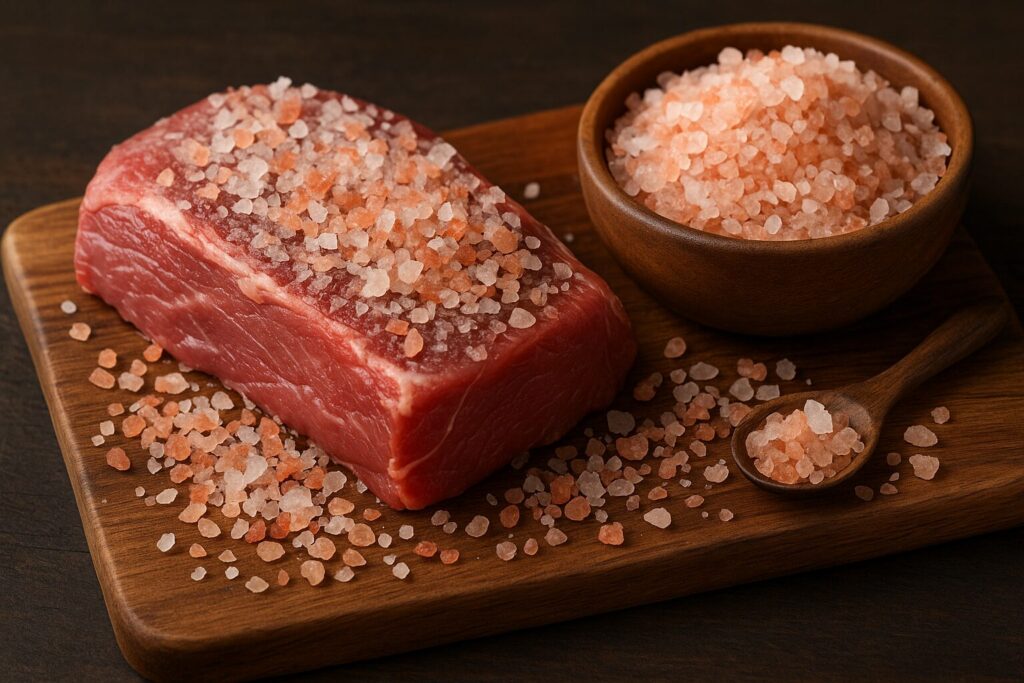When it comes to seasoning your food, salt is unavoidable. But not all salts are created equal. Among the many types, kosher salt stands out for its texture, flavor, and growing popularity. But here’s the burning question: Is kosher salt good for you? Or is it just another pantry staple wrapped in hype?
In this in-depth guide, we’ll explore the benefits of kosher salt, whether kosher salt is healthy or bad for you, and how it compares to Himalayan salt. We’ll also dive into its unique minerals and what sets it apart.
What is Kosher Salt?
Kosher salt is a coarse-grained salt made from the evaporation of seawater or underground salt deposits. It gets its name not because it’s blessed by a rabbi, but because it’s used in koshering a Jewish process of removing blood from meat.
Unlike table salt, it doesn’t usually contain additives like iodine or anti-caking agents. Its large, flaky crystals make it a favorite among chefs for its ability to stick to food and distribute evenly.
Is Kosher Salt Healthy?
Let’s address the question head-on: Is kosher salt healthy? Yes and no—it depends on how you use it and what your body needs.
Kosher salt is chemically similar to table salt, meaning it’s still primarily sodium chloride. However, its lack of additives and larger crystal size means you may use less of it in recipes, potentially reducing your sodium intake.
While it doesn’t offer the extensive unique minerals that Himalayan salt does, its clean composition and ease of use can promote healthier eating habits. So, in moderation, kosher salt can be a smart choice.
Is Kosher Salt Better for You Than Table Salt?
Is kosher salt better for you? Many health-conscious cooks think so. Here’s why:
Less Sodium Per Teaspoon
Because kosher salt flakes are larger and less dense than fine table salt, a teaspoon of kosher salt contains less sodium than a teaspoon of table salt. That can make a difference if you’re trying to cut back.
No Additives
Many commercial table salts contain iodine and anti-caking agents. While not harmful in small doses, these additives are not necessary for most people. Kosher salt offers a clean, additive-free alternative.
Better Flavor Control
The coarse texture of kosher salt allows for more precise seasoning, which can prevent over-salting and promote healthier cooking habits.
So, is kosher salt better for you? In terms of sodium reduction and clean eating, it definitely has its advantages.
What Are the Unique Minerals in Kosher Salt?
Unlike Himalayan salt, which contains over 80 unique minerals, kosher salt is highly refined and lacks significant mineral content outside of sodium chloride.
However, this purity can be a good thing. If you’re consuming a well-balanced diet, you’re likely getting the minerals you need from whole foods. For those with thyroid issues, it’s important to note that kosher salt does not contain iodine, which helps regulate thyroid function.
If you’re concerned about iodine deficiency, consult a doctor or incorporate iodine-rich foods like seaweed, dairy, or eggs into your diet.
Is Kosher Salt Bad for You?
Salt, regardless of type, should be consumed in moderation. But is kosher salt bad for you specifically? Not inherently.
Here are a few things to keep in mind:
High Sodium Risk
Like all salt, kosher salt can contribute to high blood pressure if overused. Just because it’s coarse and clean doesn’t mean it’s risk-free.
Lacks Iodine
As mentioned, kosher salt is typically iodine-free. For those not getting enough iodine through their diet, this could be a downside.
Misleading Quantity Perception
Because kosher salt crystals are large and airy, it’s easy to use more than necessary without realizing it.
In short, kosher salt is not bad for you in itself, but like all things, balance is key.
Benefits of Kosher Salt
Still wondering why so many people prefer kosher salt? Let’s break down the top benefits of kosher salt:
1. Improved Texture in Cooking
Its coarse flakes adhere better to food, enhancing flavor and presentation.
2. Easier to Handle
Chefs love the pinchability of kosher salt. It’s easy to sprinkle, measure, and distribute evenly.
3. Fewer Additives
With no iodine or anti-caking chemicals, kosher salt is a pure and clean option for seasoning.
4. Potential for Reduced Sodium Intake
Its light flake structure means you use less by volume compared to table salt.
5. Great for Pickling and Curing
Kosher salt is a favorite in traditional cooking methods like curing meats and making brine for pickles.
Kosher Salt vs. Himalayan Salt
You’ve likely heard of the pink-hued Himalayan salt, famed for its unique minerals like magnesium, potassium, and calcium.
Kosher Salt:
- Clean, additive-free
- Large crystal size
- No iodine or extra minerals
- Great for cooking and koshering
Himalayan Salt:
- Contains over 80 unique minerals
- Often used for decorative purposes and spa treatments
- More expensive
- Can offer trace health benefits, but not a substitute for a nutrient-rich diet
While Himalayan salt wins in mineral content, kosher salt excels in practical kitchen use.
So, is kosher salt good for you? The answer lies in how you use it. If you’re seeking a clean, easy-to-use, additive-free salt with great texture, kosher salt is an excellent choice. While it may not offer unique minerals like Himalayan salt, its practicality and flavor-enhancing qualities make it a standout in any kitchen.
As always, moderation is essential. Use it wisely, and you’ll enjoy the benefits of kosher salt without risking your health.
FAQs
Is kosher salt good for you compared to other salts?
Yes, especially compared to table salt. It’s additive-free and may help you reduce sodium due to its crystal size.
Does kosher salt have unique minerals?
Not significantly. It’s mostly sodium chloride, unlike Himalayan salt which contains trace minerals.
Can kosher salt replace Himalayan salt in recipes?
Yes, for cooking purposes, kosher salt is a suitable alternative though it lacks the minerals and color of Himalayan salt.
Is kosher salt bad for people with high blood pressure?
Like all salt, it should be used in moderation. Its coarser grain may help control the amount used.
Does kosher salt contain iodine?
No. Most kosher salts are iodine-free, so you’ll need other sources of iodine in your diet.


